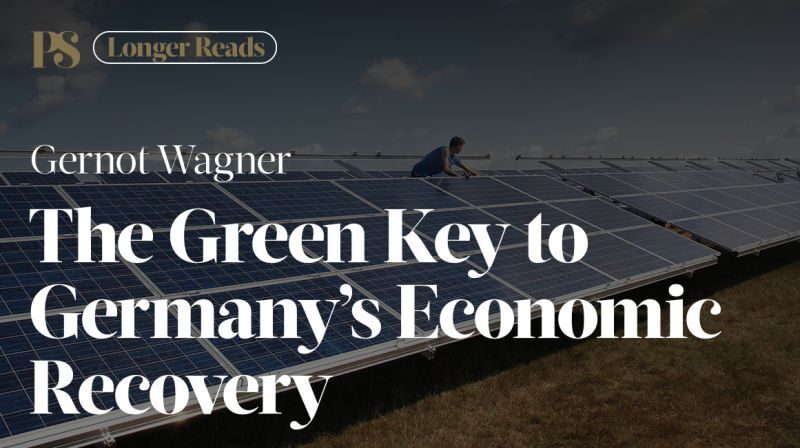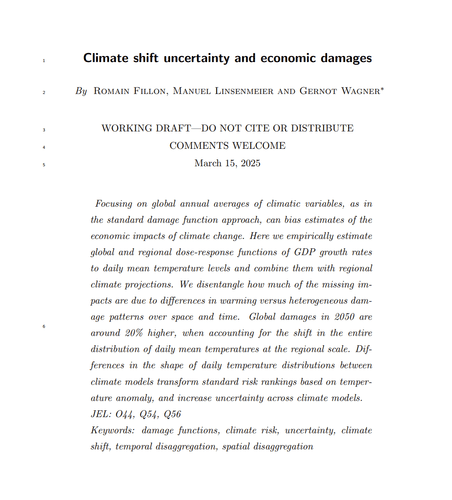What do people think when they think about solar geoengineering?
by Elizabeth T. Burns, Jane A. Flegal, David W. Keith, Aseem Mahajan, Dustin Tingley, and Gernot Wagner
Abstract:
Public views and values about solar geoengineering should be incorporated in science-policy decisions, if decision makers want to act in the public interest. In reflecting on the past decade of research, we review around thirty studies investigating public familiarity with, and views about, solar geoengineering. A number of recurring patterns emerge: (1) general unfamiliarity with geoengineering among publics; (2) the importance of artifice versus naturalness; (3) some conditional support for certain kinds of research; and (4) nuanced findings on the ‘moral hazard’ and ‘reverse moral hazard’ hypotheses, with empirical support for each appearing under different circumstances and populations. We argue that in the coming decade, empirical social science research on solar geoengineering will be crucial, and should be integrated with physical scientific research.
Full text: "What do people think when they think about solar geoengineering? A review of empirical social science literature, and prospects for future research" (PDF)


